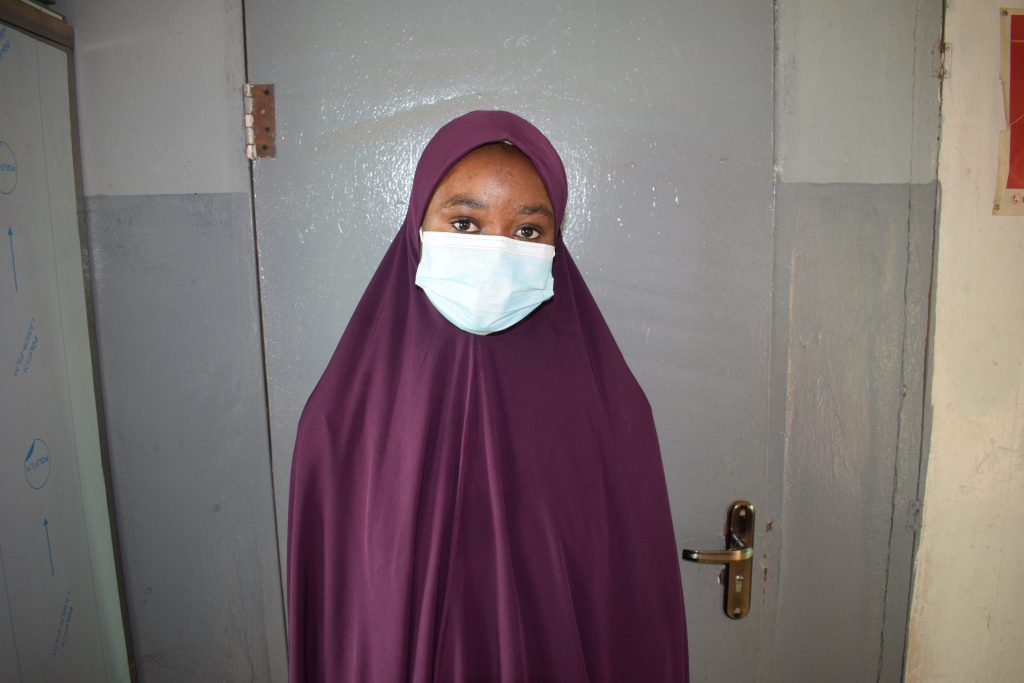At just 13 years old, Rashid’s childhood came to an abrupt end.
She had just completed SS1 when her father delivered a life-altering information to her; she would be married the following week: no discussion, no consent, no warning, just information.
“He told me I’m getting married next week. I didn’t know the person. I didn’t like him. I wasn’t interested.”
When she protested, she was beaten. Her mother, who shared her opposition, was powerless to intervene. It was a traditional muslim family. Even when an uncle tried to reason with her father, he was bluntly told to stay out of “family affairs.”
In Rashida’s family, girls didn’t get asked what they wanted; they were simply given away, and Rashida would not be an exception.
A Childhood Interrupted
Before marriage, Rashida’s world was simple. It was just school, a single close friend, and big dreams of becoming a lawyer. However, those dreams were shattered the moment she was married off.
“I stopped school because I was getting married,” she said.
Her new life was far from the fairytale marriage culture sometimes portrays. Her husband refused to provide even basic necessities, such as food, soap, or money for essentials. When she asked for help, he’d say:
“I never asked for your hand in marriage. I was never interested. Your father gave you to me.”
Her brother, sensing her struggles, tried to help, but the emotional trauma and psychological toll weighed heavily, and there was only so much her brother could do; she was in her husband’s house.
The marriage lasted eight months. One day, after yet another complaint and requests for basic needs, her husband, visibly annoyed at this point, said two words that changed everything:
“Go home.”
In her cultural and religious context, that meant divorce. He never came looking for her again. Her father later confirmed the divorce was final.
Rashida was free.
Only 14, But Already a Survivor
Today, Rashida is 14 and relieved that her marriage ended.
“I’m really happy with the divorce,” she said.
Now, what is next for a 14-year-old girl, once married and now divorced? We asked Rashida if she wanted to return to school; her answer was complicated, but really, she didn’t know. Looking at her, you could tell she didn’t think she had the luxury of choice, and you would not blame her.
Eventually, she admitted she would like to register again in January with her elder brother’s support.
Underneath her uncertainty lies hope, a quiet and fragile hope, for healing and a future. She still wants to become a lawyer and one day hopes to marry, but on her terms.
Breaking the Cycle
Rashida’s story does not end with her. It is the story of countless girls across regions where forced and early marriage is still practised under the guise of tradition, religion, or family tradition.
We asked what she would do to protect her daughter someday. Rashida’s response was wise beyond her years:
“I’ll take time to assess the kind of man I’m marrying, someone who is on the same page with me about education. Together, we’ll plan to support our daughter’s education.”
This is what transformation looks like, even in the aftermath of trauma.
A Call to Action: End Child, Early, and Forced Marriage Now
Rashida Ibrahim should be in school, not surviving marriage at 14. Her story reminds us that child marriage is not just a cultural issue; it is a rights violation. It robs girls of education, agency, health, and safety.

